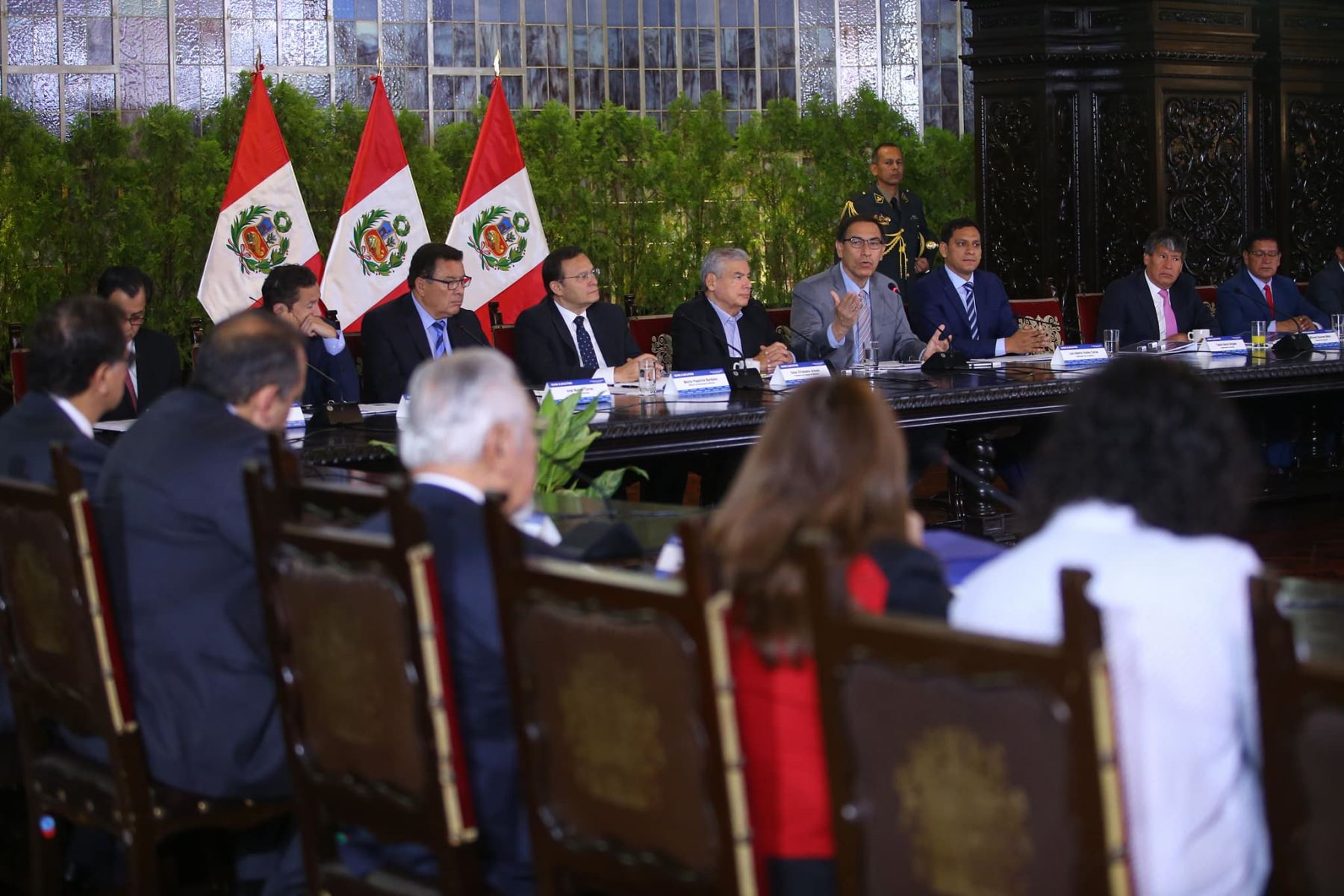After six days of tension which led some to fear inter-state armed conflict in the Andes, the conflict was declared “overcome” by Presidents Uribe, Correa, Chávez, and Ortega on Friday afternoon at the Rio Summit in the Dominican Republic. After a week of insulting each other, the Presidents reacted positively to Dominican President Fernandez’s suggestions that they hug each other. Uribe shook Chávez’s hand, while Fernandez posed between them. Many are now asking, how is it possible that Uribe refused to sit down at the same table with Chávez and Correa on Friday morning, but shook hands with them on Friday evening?
Well, first of all, it is too early to claim that the conflict has really ended. Even though Nicaragua re-established relations with Colombia, Ecuador and Venezuela have not done so. Correa said he would first consult with Chávez, and Chávez said he is analyzing the situation. Even once relations are re-established, tension will likely characterize Colombia’s relationship with its neighbors for years to come. Furthermore, this week has left a lot of open wounds, including the allegations by the Colombian government against both Ecuador and Venezuela of cooperating with the FARC. Even though originally the Colombian government invited the OAS to review the incriminating laptop computers, it now looks more probable that either Interpol or the DEA will be next to inspect them. What may come of these investigations, only time will tell.
The ease at which the dignitaries transformed from yelling to shaking hands just goes to show how much this week’s events had to do with each dignitary’s calculations of how this would affect their domestic standing. Once again, an international debacle has turned out to be a domestic triumph for the presidents. In Colombia, Cambio magazine director Rodrigo Pardo supported the government’s actions as did Federico Ibraguén in Semana. The opposition party Polo Democratico stood alone in criticizing the government. Meanwhile, in Ecuador, El Diario’s editorial defended Ecuador’s complaints, as did various op-ed pieces (1, 2) in El Comercio. In both countries, there were demonstrations in support of the governments. Both presidents rekindled nationalist sentiments for their political benefit. It was only once both Correa and Uribe realized they had squeezed as much political capital out of the crisis as possible (and that if they kept on going there may be backlash), that they both decided to shake hands.
Chávez may be the only one to not have gained from this week’s crisis. Venezuela’s newspaper La Verdad urged Chávez to stay out of the conflict, and the newspaper Tal Cual argued that Chávez was contributing to the FARC. Regionally, the Ecuadorian El Universo urged Chávez to stay out of the bilateral conflict. El Comercio appealed to Correa to not use Chávez’s “microphone diplomacy,” while in Colombia El Tiempo asked the same of Uribe. Venezuela’s public opinion is harder to read (and I’m not as literate in it), but Chávez may have been the only one to lose out domestically and regionally from his involvement in the crisis this week.

Reply